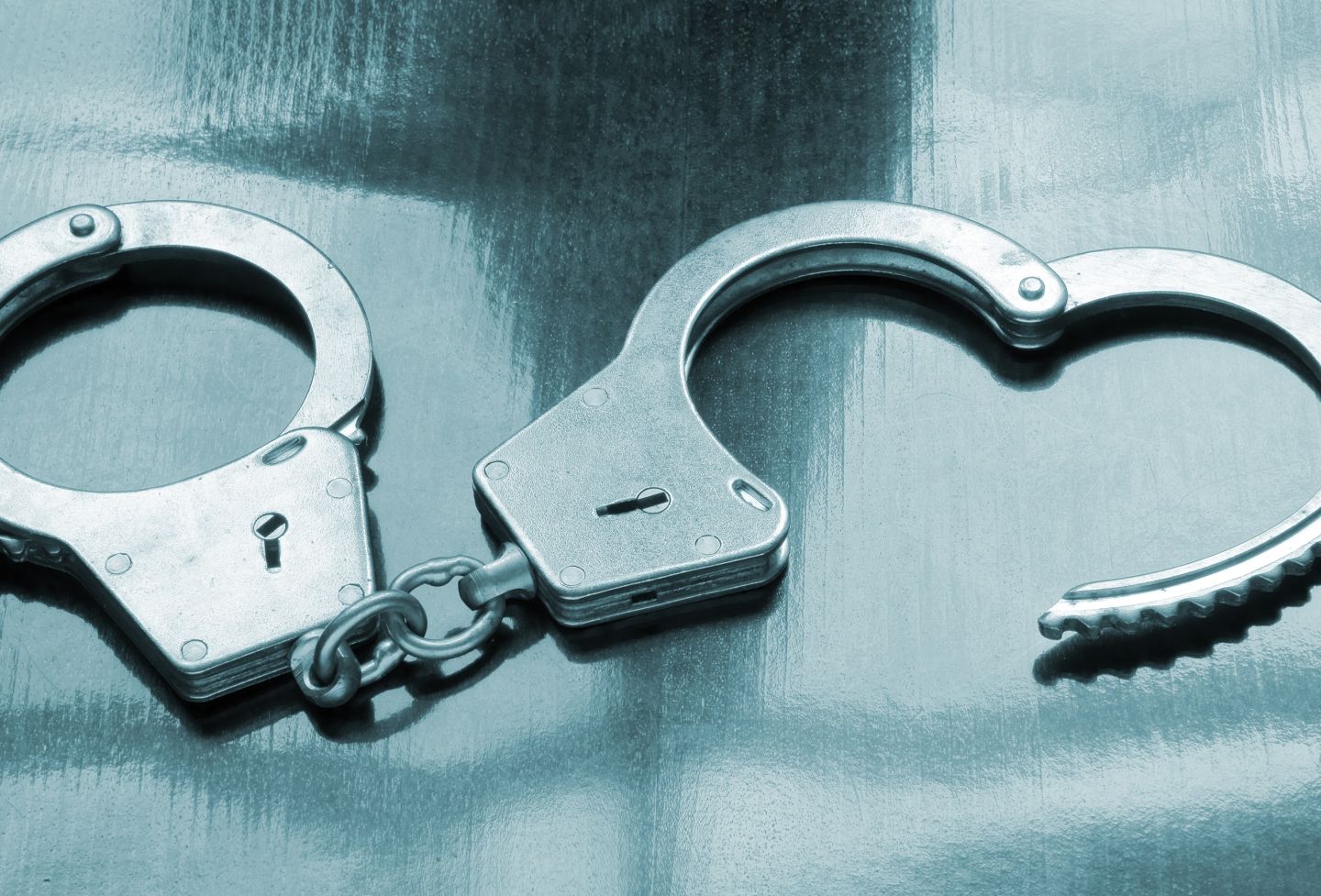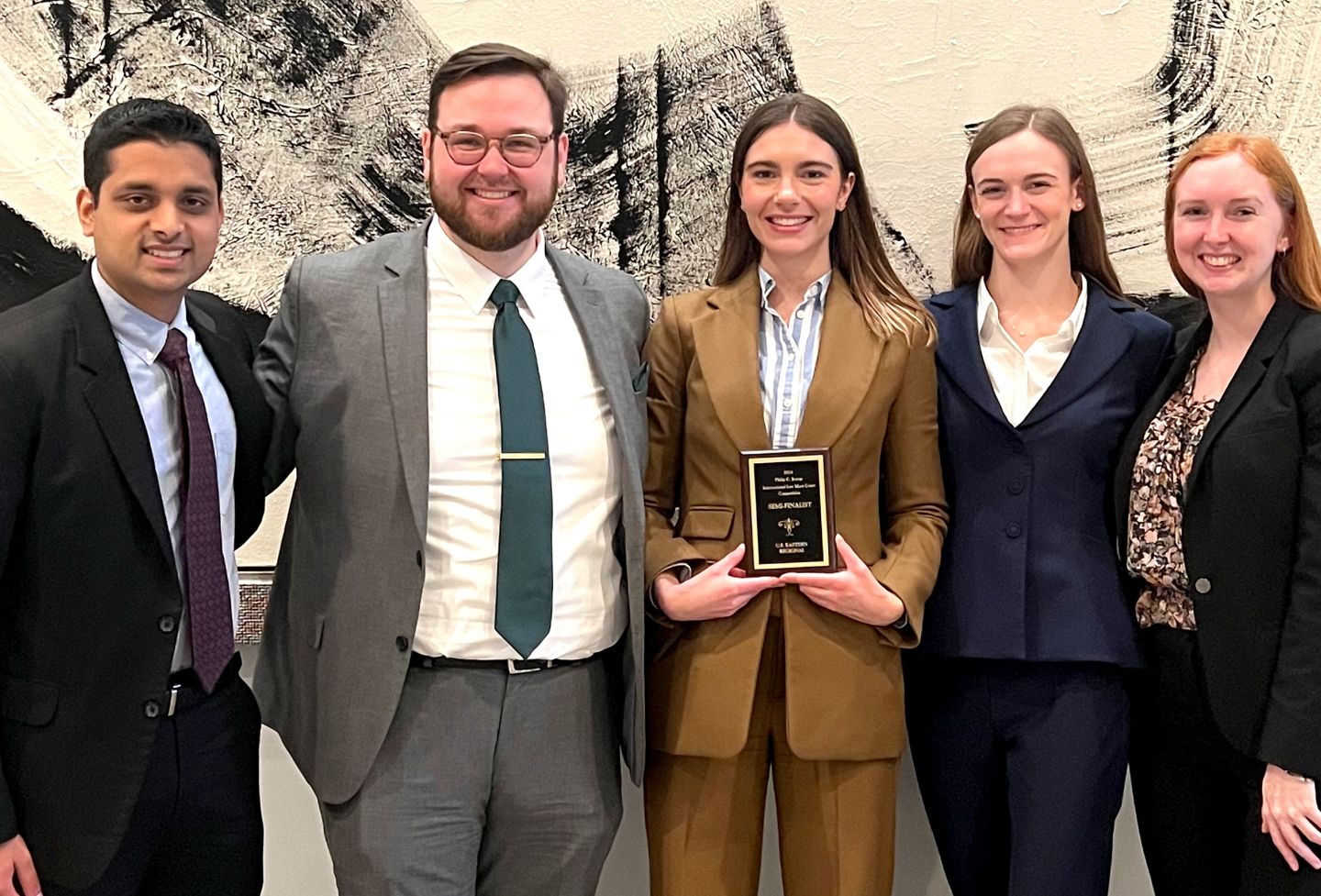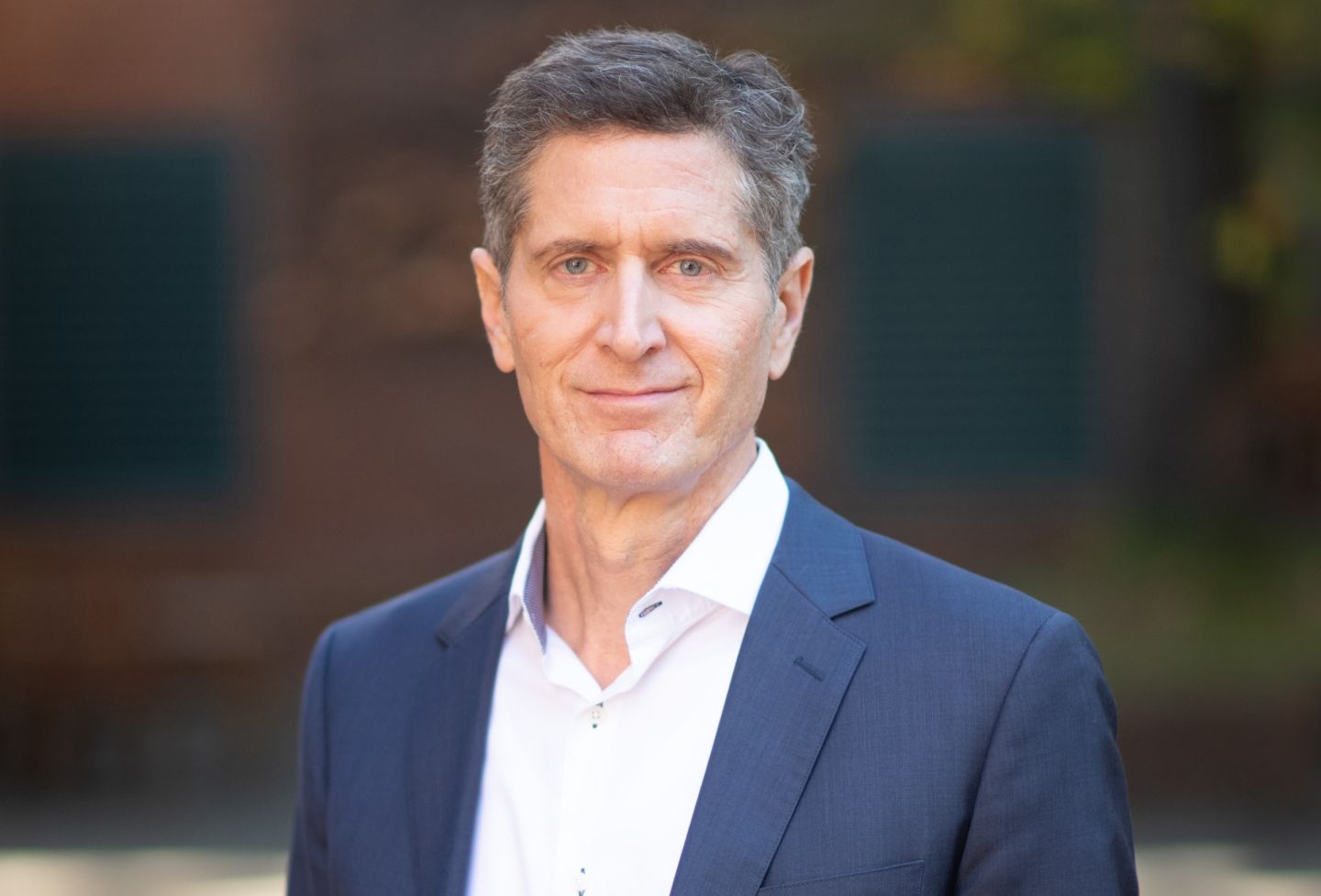Judges make more than 90 percent of the decisions rendered by courts, yet judges aren’t usually experts in science, which frequently plays a role in cases, according to Senior U.S. District Judge Jed Rakoff of the Southern District of New York.
“It’s hard work,” Rakoff says in Episode 10 of the “Common Law” podcast, a production of the University of Virginia School of Law. “Most judges have no scientific background — I was an English major.”
Rakoff, who has since become a leading expert in the use of scientific evidence in the courtroom, talks about the learning curve for judges, their frequent reluctance to decide a case based on science, and his initial experience reviewing a complex scientific debate.
In 2005, Rakoff heard In Re Ephedra Products Liability Litigation, which was “the first case that really put me to the test, so to speak.” The court consolidated more than 800 cases in which plaintiffs were suing companies that provided ephedra-based products.
Ephedra is a natural substance that was sold in the 1990s and early 2000s as a dietary and weight-loss supplement.
“Unfortunately, about 1,000 people who took ephedra had, within 24 hours, a heart attack or stroke, and many of them died,” Rakoff says.
The substance was banned by the FDA in 2003 in light of its suspected harmful effects.
But there still wasn’t an overwhelming consensus among the scientific community regarding ephedra. So Rakoff conducted a 14-day hearing “when I heard from numerous experts from both sides and got deeply into the scientific literature on this.”
The judge talks about the evidence he heard, and how he ruled. He also discusses what he sees as a fear among judges to confront science in the courtroom.
“Too many judges are intimidated by the notion they would have to decide a scientific issue,” he says, “The unfortunate result is they will look to other ways to decide.”
Rakoff explores the reasons for this reluctance, why civil cases tend to do a better job of presenting science, and possible solutions to shore up gaps in scientific knowledge for judges and jurors.
Hosted by Dean Risa Goluboff and Vice Dean Leslie Kendrick ’06, “Common Law” is available on Apple Podcasts, Stitcher, YouTube, Spotify and other popular places you can listen to podcasts, including Amazon Alexa devices.
You can follow the show on the website commonlawpodcast.com or Twitter at @CommonLawUVA.
Founded in 1819, the University of Virginia School of Law is the second-oldest continuously operating law school in the nation. Consistently ranked among the top law schools, Virginia is a world-renowned training ground for distinguished lawyers and public servants, instilling in them a commitment to leadership, integrity and community service.


